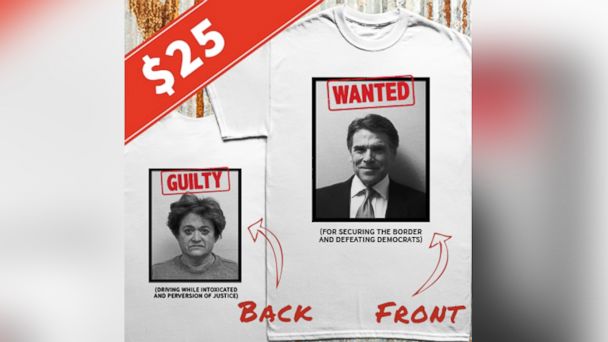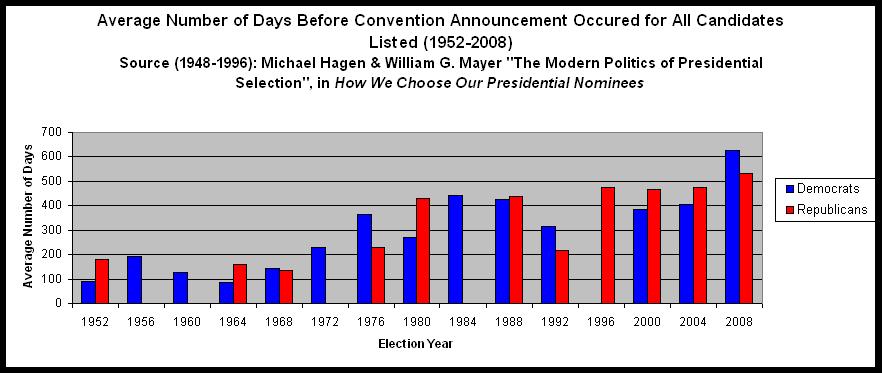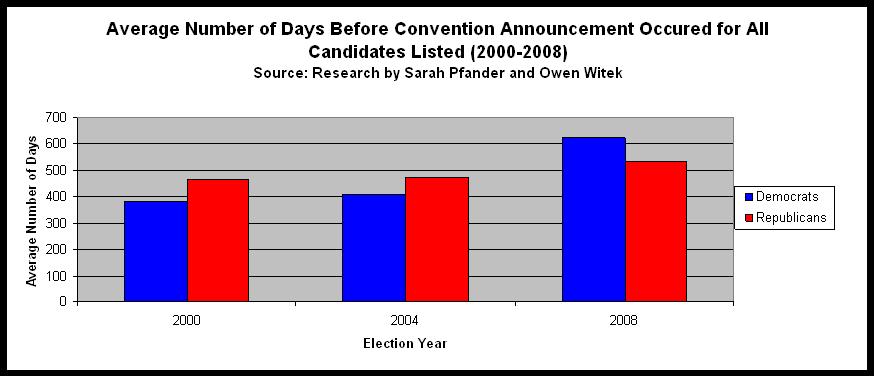This Sunday’s Shorts:
Somewhat surprisingly, I’ve received more email and twitter responses regarding my posts about allegations that Fareed Zakaria is guilty of plagiarism than I have about any of my Michael Brown-related posts. The OurBadMedia website that published the original accusations against Zakaria has now posted a second set allegedly “showing how Zakaria blatantly and repeatedly plagiarized in not just what is his most popular book, but two different cover stories for the magazines he used to serve as editor for, Foreign Affairs and Newsweek.” As yet, however, as Politico’s Dylan Byers notes, the charges do not seem to be gaining much traction in the national press, in contrast to the allegations from two years ago which led to Zakaria’s suspension. This may be because it is not clear that this is outright plagiarism or – as some readers have suggested – it may be that media members are reluctant to condemn one of their own. Among those on my twitterverse feed, however, most of the comments are along these lines: “Wait, @MattDickinson44, are you seriously pretending this might not be plagiarism???? pic.twitter.com/WbEyTN2Wg9” Whatever the merits of the charges, the bottom line remains this (my students, take heed!): when in doubt, quote and cite!
In this era of a polarized punditry, it was perhaps surprising to see agreement among pundits on the Left and the Right regarding Texas Governor Rick Perry’s recent indictment, and it is not just because of his mug shot. While it may not be the case that, as a RedState pundit claimed, “If Perry has the right team in place, which it looks like he does, he can ride this Democrat overreach into the top slot of the 2016 GOP primary”, this does seem to be an instance of a Democratic prosecutor trying to criminalize a political act. Or, as one columnist drawing on legal expertise put it, the “Rick Perry indictment is the dumbest thing since Rick Perry.” The Perry campaign wasted no time on milking the charges for political gain, with everything from campaign ads to t-shirts publicizing what they claim is partisan-driven prosecutorial excess.

Still, not everyone sees this as a win for Perry. And, in fact, if the charges do stick – most legal experts think this is farfetched – it’s hard to see how Perry’s presidential aspirations will be helped. In the meantime, however, he’s wasting no time in trying to capitalize on this free publicity.
Finally, former Vermont Senator Jim Jeffords’ funeral was held yesterday. Almost every one of his obituaries led with reference to his decision in 2001 to bolt the Republican Party and caucus with Senate Democrats, thus giving Democrats a Senate majority. While it is probably not true that his decision “singlehandedly bent the arc of politics” – Democrats retained their majority for a mere 18 months – it did create a national sensation at the time of his announcement. In announcing his decision, Jeffords stated that, “I have changed my party label, but I have not changed my beliefs. Indeed, my decision is about affirming the principles that have shaped my career.” He may have meant that. However, left unsaid in the countless obituaries was just how far Jeffords’ voting record moved left during his remaining four-plus years as a Senator. In fact, in the years after he declared as an independent, his voting record was consistently more liberal than not just every Senate Republican’s – it was to the left of most Senate Democrats as well. I will go into more detail about this in a separate post, but it is a reminder that small state Senators typically have a deeper electoral cushion than do their large-state colleagues, and hence more flexibility in how they cast their votes.
Jeffords, Perry and Zakaria. You can’t make this stuff up. It’s why I love politics.




